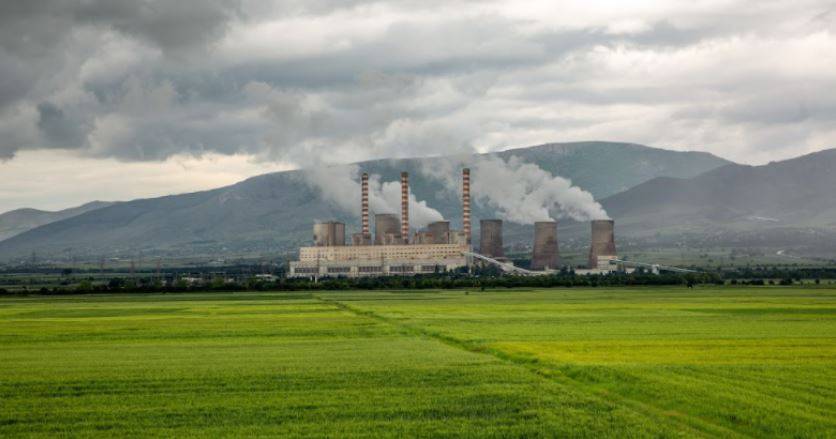The Paris Agreement is an international initiative to combat global warming, one of the main reasons for which is the growth of greenhouse gas emissions.
The document was adopted on December 12, 2015 at a climate conference in Paris, and is currently joined by 195 countries, of which 186 countries have ratified, including Ukraine.
Under the agreement, its participants undertake to reduce greenhouse gas emissions compared to 1990 through Nationally Determined Contributions (NDC).
The NDC is determined by the country voluntarily for 5 years, followed by a review and the adoption of new commitments declared by the authorities to the international community in the face of the UN Climate Change Conference.
Ukraine and NDC
On December 12, 2020, President Volodymyr Zelensky announced at the Climate Ambition Summit online conference that Ukraine intends to reduce greenhouse gas emissions in all sectors of the economy by 58-64% in 2030 compared to 1990 within the framework of the second NDC.
According to the first NDC, in 2015 Ukraine undertook to reduce emissions by 40% by 2030, excluding the agricultural sector and forestry. The forecast of greenhouse gas emissions is based on the provisions of the Energy Strategy of Ukraine until 2030, approved by the order of the Cabinet of Ministers of Ukraine of December 15, 2006. Later, this document was repeatedly amended.

Meanwhile, the development and adoption of the second NDC of Ukraine is underway. The draft order of the Cabinet of Ministers “On approval of the Second Nationally Determined Contribution of Ukraine to the Paris Agreement” (NDC2) has been published on the website of the Ministry of Environment.
Carbon duty
The Paris Climate Treaty does not provide for sanctions for non-compliance by either party, including the obligations under the NDC. However, the European Union plans to introduce a Carbon Border Adjustment Mechanism (CBAM) from 2023. It will be levied on imports from countries that do not follow the policy of reducing greenhouse gas emissions.
To reduce the negative impact on the climate, the Paris Agreement declares the intention of its participants from 2050 to completely abandon the use of fossil fuels.
One of the main problems for the implementation of initiatives under the agreement is its financing. The document called for $ 100 billion for the first five years after signing in favor of developing countries to offset the economic losses associated with the decarbonisation of energy and industry.
The funds were not allocated due to differences between developed countries – key parties to the agreement.

